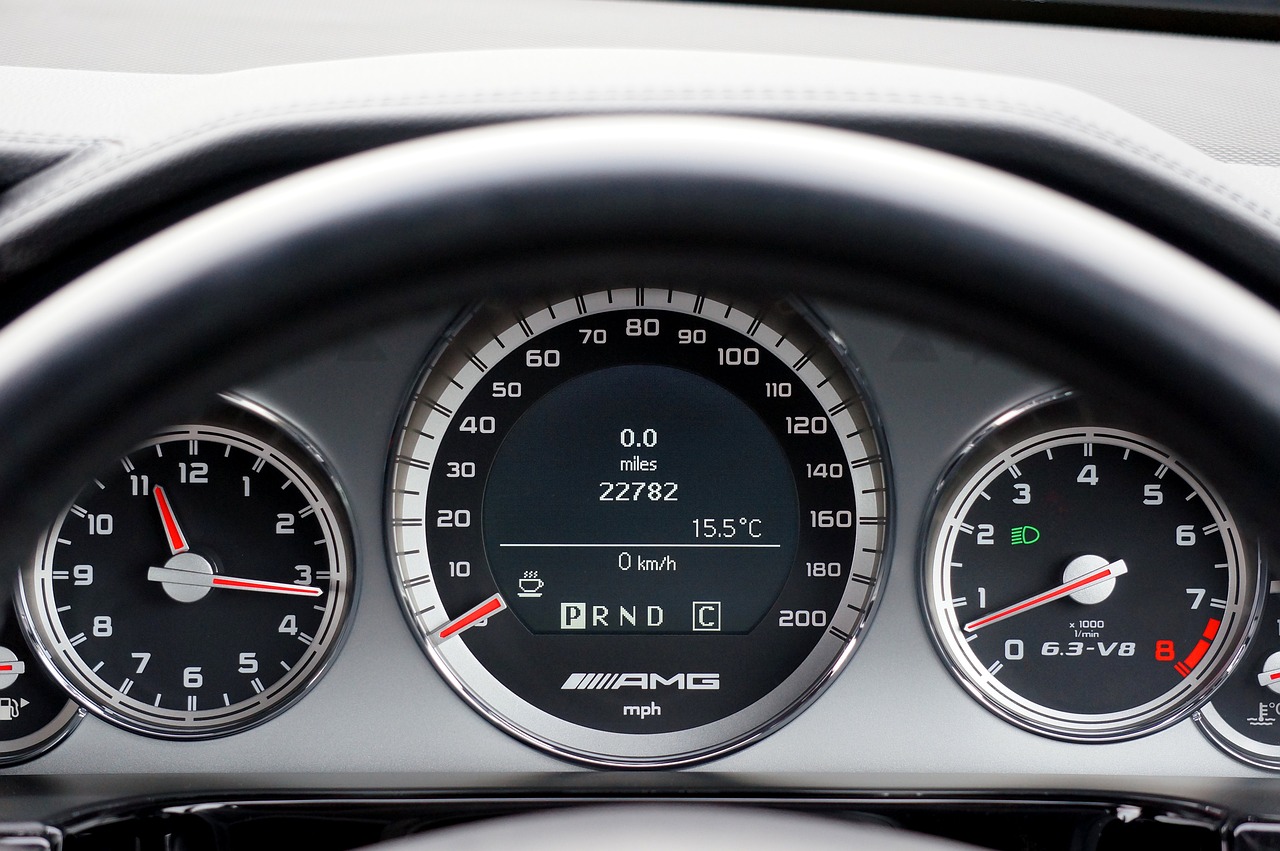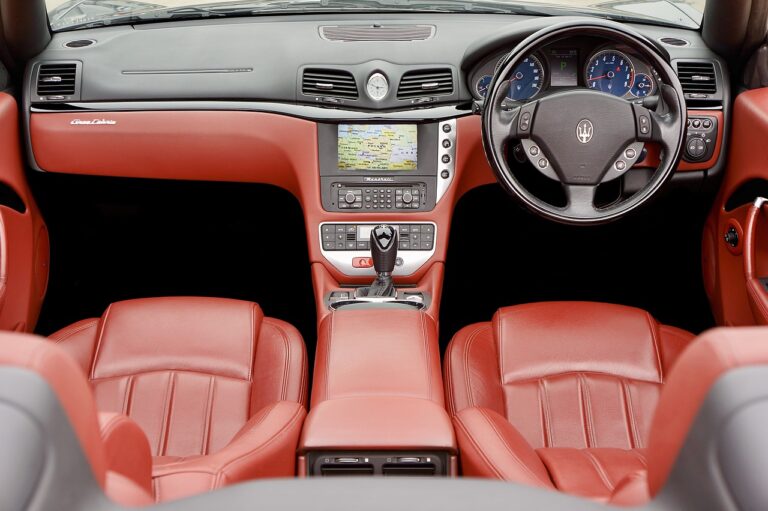Subscription-Based Car Ownership Models: The Future of Mobility?
Subscription-based car ownership models offer a convenient and flexible alternative to traditional ownership. With a subscription, drivers can enjoy access to a variety of vehicles without the commitment of a long-term purchase. This can be particularly beneficial for individuals who prefer to switch between different cars or need flexibility due to changing lifestyle or work requirements.
Furthermore, subscription-based models often bundle costs such as insurance, maintenance, and roadside assistance into one monthly payment. This can help drivers better predict and manage their expenses, reducing the financial burden of unexpected repairs or services. Additionally, the convenience of having all necessary services included in a single fee saves time and effort, making car ownership hassle-free for subscribers.
• Subscription-based car ownership models offer a convenient and flexible alternative to traditional ownership.
• Drivers can enjoy access to a variety of vehicles without the commitment of a long-term purchase.
• Ideal for individuals who prefer to switch between different cars or need flexibility due to changing lifestyle or work requirements.
• Costs such as insurance, maintenance, and roadside assistance are often bundled into one monthly payment.
• Helps drivers better predict and manage expenses, reducing financial burden of unexpected repairs or services.
• Convenience of having all necessary services included in a single fee saves time and effort for subscribers.
Challenges Faced by Traditional Car Ownership
One of the main challenges faced by traditional car ownership is the upfront costs associated with purchasing a vehicle. For many people, buying a car involves a significant financial investment that can be difficult to afford all at once. This includes not only the cost of the car itself, but also insurance, maintenance, and registration fees that can add up quickly.
Another challenge of traditional car ownership is the ongoing maintenance and repair costs that come with owning a vehicle. As cars age, they often require more frequent repairs and maintenance to keep them running smoothly. These costs can be unpredictable and can significantly impact the overall cost of owning a car over its lifetime. Additionally, finding a trustworthy mechanic and dealing with unexpected breakdowns can be stressful and time-consuming for car owners.
Cost Comparison between Subscription-Based and Traditional Car Ownership
Subscription-based car ownership models have gained popularity in recent years as an alternative to the traditional method of owning a vehicle. One of the key benefits of subscription-based models is the potential cost savings they offer. Unlike traditional ownership, where individuals are burdened with upfront costs such as down payments, insurance, and maintenance, subscription-based models typically bundle all these expenses into a single monthly payment, making it easier to budget and plan for.
Moreover, subscription-based car ownership eliminates the need for long-term commitments and provides more flexibility for users. With traditional ownership, individuals are often locked into a multi-year loan or lease agreement, whereas subscription-based models allow for shorter terms, enabling users to switch vehicles or opt-out of the service altogether with greater ease. This flexibility can be particularly appealing for those who value convenience and are not looking for a long-term commitment.
What are the benefits of subscription-based car ownership models?
Subscription-based car ownership models offer flexibility, convenience, and the ability to change vehicles regularly without the commitment of a long-term purchase.
What are some challenges faced by traditional car ownership?
Traditional car ownership comes with high upfront costs, ongoing maintenance expenses, depreciation of value, and the hassle of selling or trading in the vehicle.
How does the cost comparison between subscription-based and traditional car ownership look like?
Subscription-based car ownership may appear more expensive on a monthly basis, but when factoring in all the costs associated with traditional car ownership such as maintenance, insurance, and depreciation, it can sometimes be more cost-effective in the long run.
Are there any hidden costs to consider with subscription-based car ownership?
Some subscription-based services may have additional fees for mileage overages, damage to the vehicle, or cancellation fees, so it’s important to read the fine print and understand all the costs involved.
Which option is better for me, subscription-based or traditional car ownership?
The decision between subscription-based and traditional car ownership depends on your personal needs and preferences. If you value convenience and flexibility and don’t mind potentially higher monthly costs, subscription-based car ownership may be the better choice for you. If you prefer to own a vehicle long-term and are willing to take on the responsibilities of maintenance and depreciation, traditional car ownership might be more suitable.







